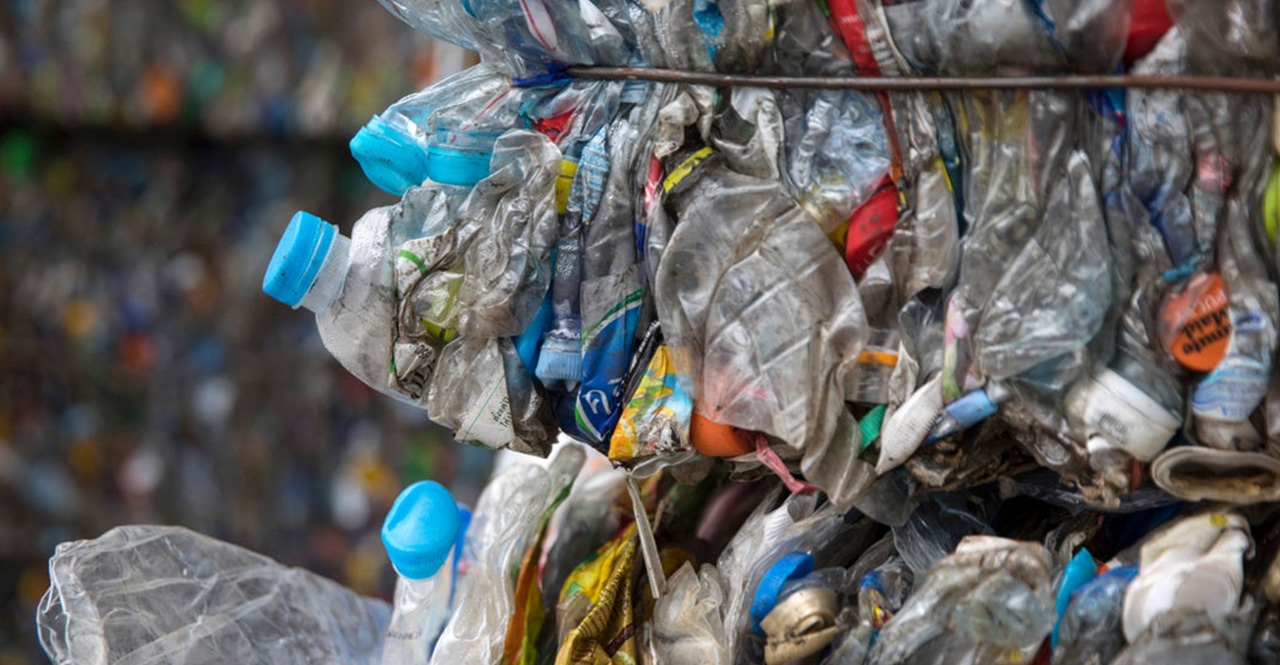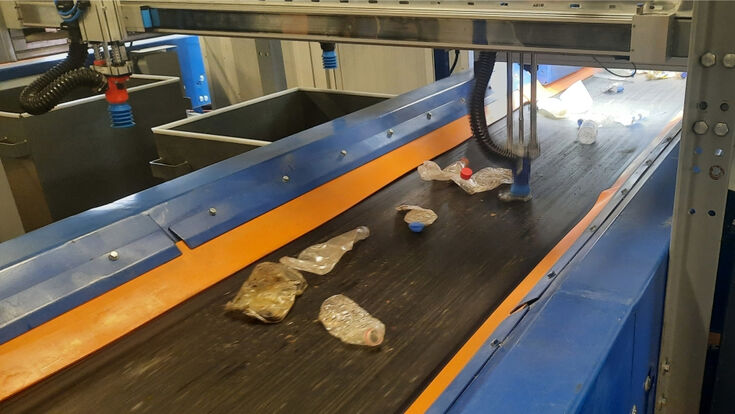Understanding the Impact of Reclaim Waste Melbourne on Your Industrial Waste Management
Understanding the Impact of Reclaim Waste Melbourne on Your Industrial Waste Management
Blog Article
Fostering Source Efficiency and Environmental Protection Via Fluid Waste Removal Programs
In the world of environmental stewardship, the monitoring of liquid waste stands as an essential juncture where source effectiveness and environmental management converge. Fluid waste elimination programs play a crucial function in guarding our communities and making certain sustainable growth techniques. By thoroughly resolving the disposal of liquid waste, communities and sectors can not only minimize prospective threats however likewise unlock possibilities for reusing and repurposing valuable resources. As we browse the complexities of waste administration in a quickly advancing world, the harmony in between ingenious technologies, rigid policies, and forward-thinking strategies comes to be progressively extremely important. With a lens of proactive involvement and tactical insight, the landscape of liquid waste monitoring introduces a tapestry of difficulties and possibilities that beckon us to check out the course in the direction of a greener and even more lasting future.
Importance of Fluid Waste Elimination
The value of fluid waste elimination hinges on its crucial duty in protecting environmental wellness and guarding public wellness. Liquid waste, if not correctly managed, can posture serious dangers to ecological communities, water resources, and human wellness. With efficient removal processes, harmful materials such as chemicals, toxins, and microorganisms are avoided from polluting the setting and triggering harmful effects.
Appropriate fluid waste elimination also assists in avoiding the spread of diseases and lowering the potential for groundwater contamination. By securely throwing away fluid waste, the threat of waterborne diseases and pollution-related wellness problems is considerably lessened - Liquid waste removal. Furthermore, effective elimination methods add to maintaining the general sanitation and visual appeals of areas, consequently improving the lifestyle for homeowners
Furthermore, liquid waste elimination plays an essential role in sustaining sustainable growth and making sure conformity with ecological regulations. By adhering to proper waste monitoring markets, services and methods can decrease their ecological footprint and demonstrate corporate duty. Inevitably, purchasing robust liquid waste removal programs is vital for advertising environmental stewardship and cultivating a much healthier, safer future for all.

Advantages of Reliable Disposal
Efficient disposal of fluid waste not just safeguards ecological health and public health however additionally yields many benefits that prolong past instant control measures. One vital benefit of efficient disposal is the reduction of air pollution in water bodies and dirt. By properly handling fluid waste, the threat of contamination decreases, protecting and maintaining ecosystems biodiversity. Furthermore, efficient disposal methods add to resource preservation. Through processes like reusing and power recovery, useful sources can be extracted from liquid waste, advertising sustainability and decreasing the strain on raw materials. Embracing effective disposal techniques can lead to cost savings for companies and neighborhoods. By optimizing waste management processes, organizations can streamline procedures, minimize disposal expenditures, and possibly produce revenue through the sale of recycled materials. Generally, the advantages of efficient liquid waste Website disposal are multifaceted, incorporating environmental management, source effectiveness, and financial benefits.
Technologies for Waste Treatment
Using advanced innovations for waste therapy plays an important role in making certain the reliable administration and safe disposal of liquid waste. One of the crucial innovations employed in fluid waste treatment is biological therapy.
In addition, thermal therapy techniques such as incineration can be used for the complete destruction of dangerous elements in fluid waste. Generally, the integration of diverse treatment innovations guarantees eco pleasant and comprehensive management of liquid waste.
Role of Regulations and Compliance
In the world of fluid waste monitoring, adherence to governing frameworks and compliance standards is paramount for safeguarding environmental health and sustainability. Regulations play a crucial duty in regulating the appropriate handling, treatment, and disposal of liquid waste to stop harm to ecosystems and human health. By establishing clear guidelines and standards, regulatory bodies make he has a good point certain that organizations and people included in liquid waste management run in an eco accountable manner.
Conformity with these guidelines is not only a legal need however likewise an ethical commitment to secure the environment for current visit the site and future generations. It includes implementing ideal methods in waste collection, transportation, disposal, and therapy to decrease environmental effect and advertise resource efficiency. Non-compliance can cause fines, lawful action, and reputational damages for organizations, highlighting the value of promoting regulative criteria.

Future Patterns in Waste Management

One more essential trend in waste monitoring is the fostering of sophisticated data analytics and expert system to enhance waste collection routes, improve arranging processes, and enhance total functional effectiveness. These technologies make it possible for waste monitoring companies to make data-driven decisions, resulting in set you back financial savings and environmental advantages.
Moreover, there is an expanding emphasis on the growth of decentralized waste administration systems, such as onsite treatment centers and mobile waste processing units. These systems use versatility and scalability, enabling for much more reliable waste handling in diverse environments.
Final Thought
In conclusion, cultivating resource performance and environmental management via liquid waste elimination programs is essential for lasting advancement. Reliable disposal methods, progressed modern technologies for waste treatment, and rigorous policies play vital functions in decreasing environmental influence. Looking ahead, constant innovation and renovation in waste management methods will certainly be vital for resolving the growing challenges of fluid garbage disposal.
In the realm of environmental stewardship, the administration of fluid waste stands as a critical point where source efficiency and environmental defense converge (Liquid waste removal).Utilizing sophisticated innovations for waste treatment plays an important duty in making certain the effective administration and secure disposal of fluid waste.In the realm of fluid waste monitoring, adherence to regulatory frameworks and compliance requirements is vital for guarding environmental health and sustainability.In conclusion, fostering source performance and environmental protection with liquid waste removal programs is vital for lasting growth. Looking in advance, continual innovation and improvement in waste management practices will be important for addressing the growing challenges of fluid waste disposal
Report this page